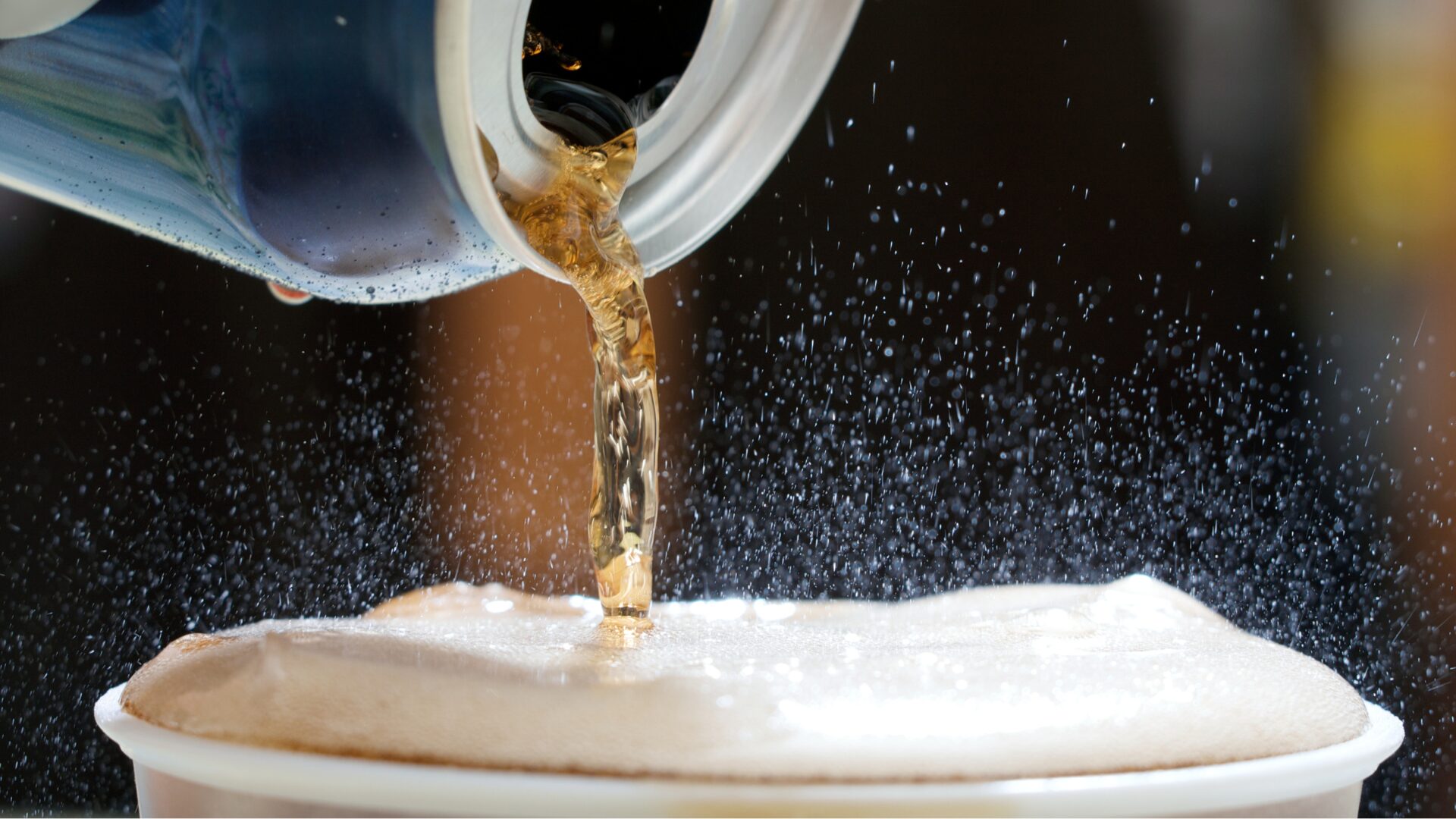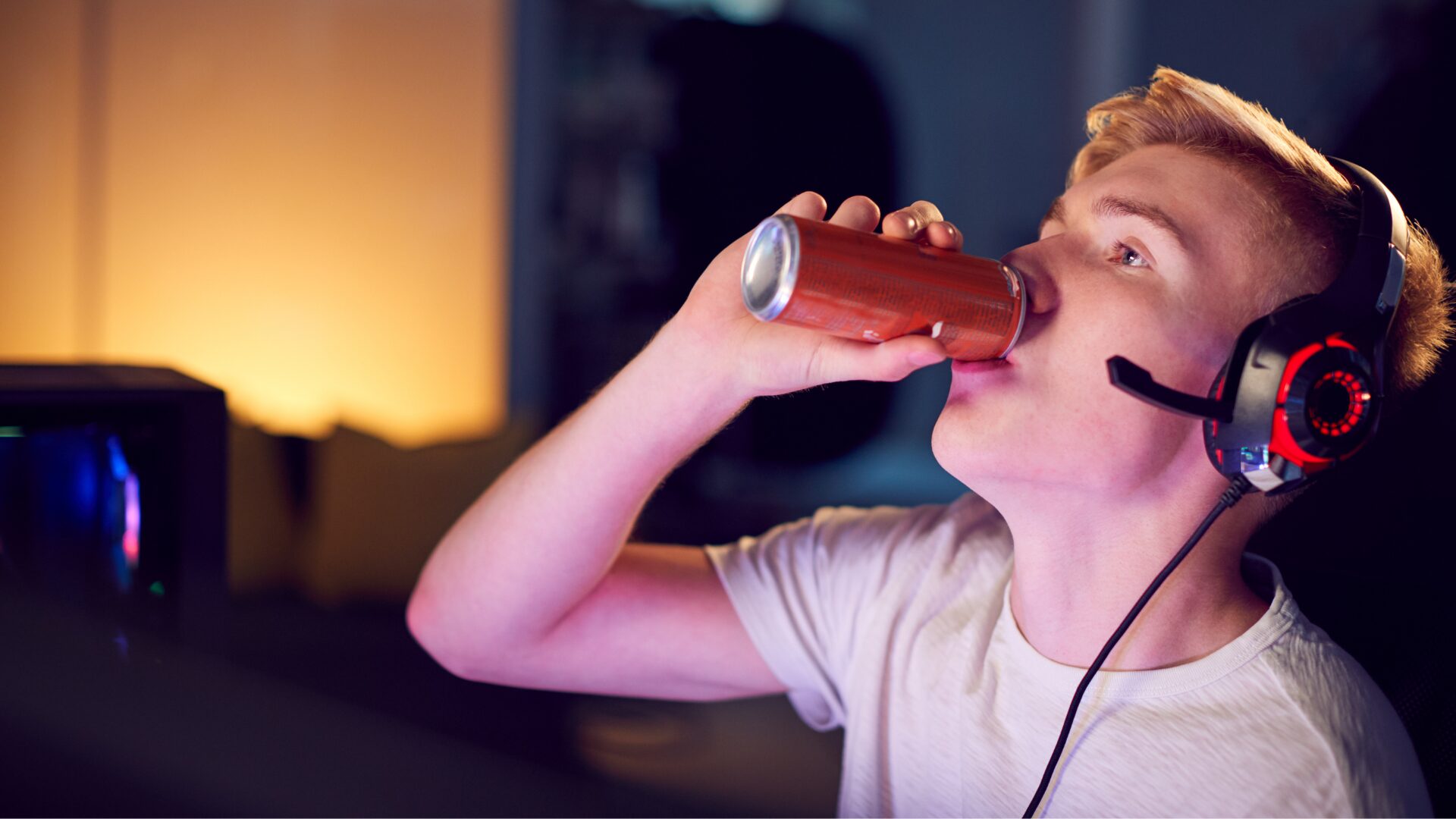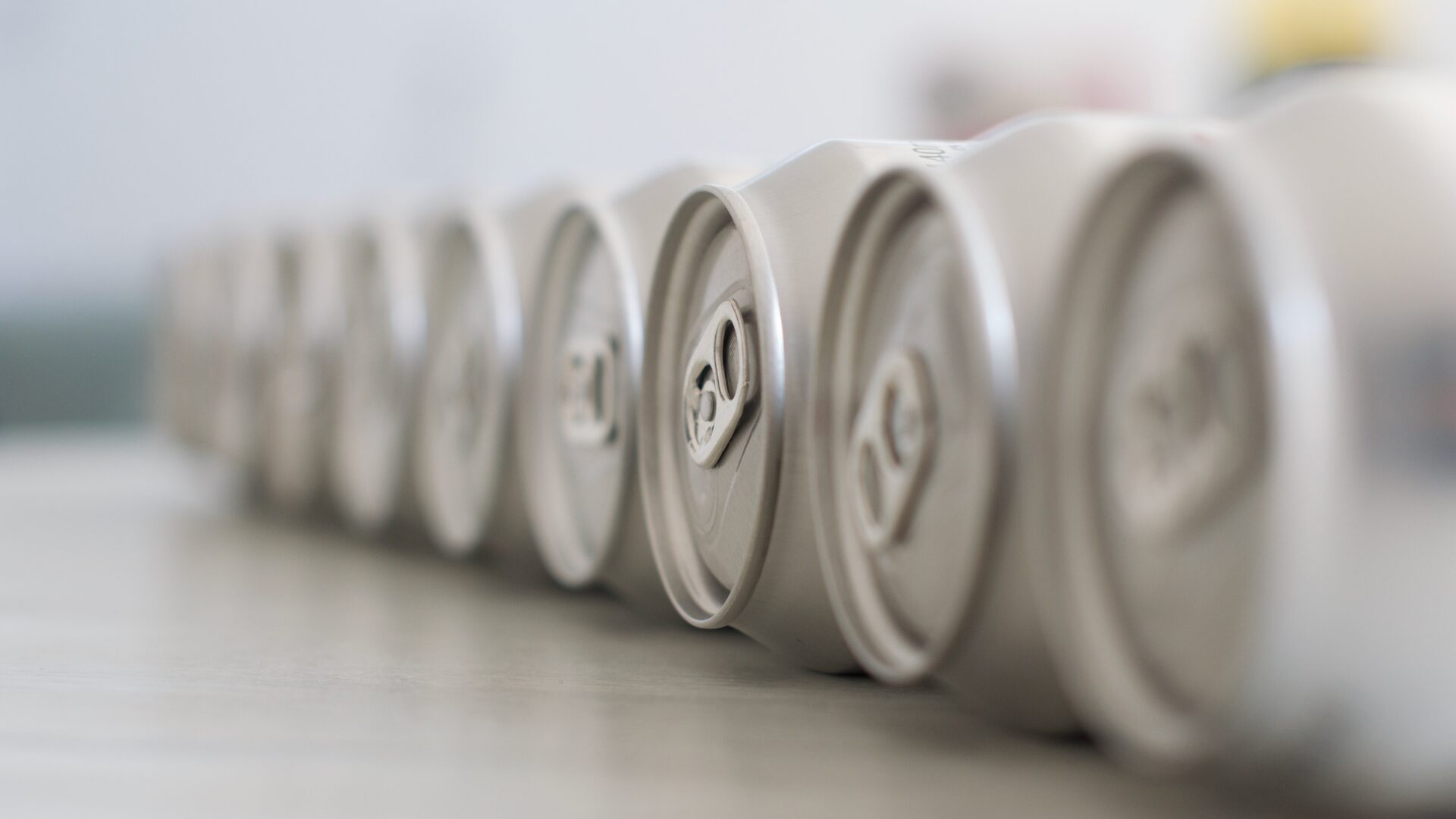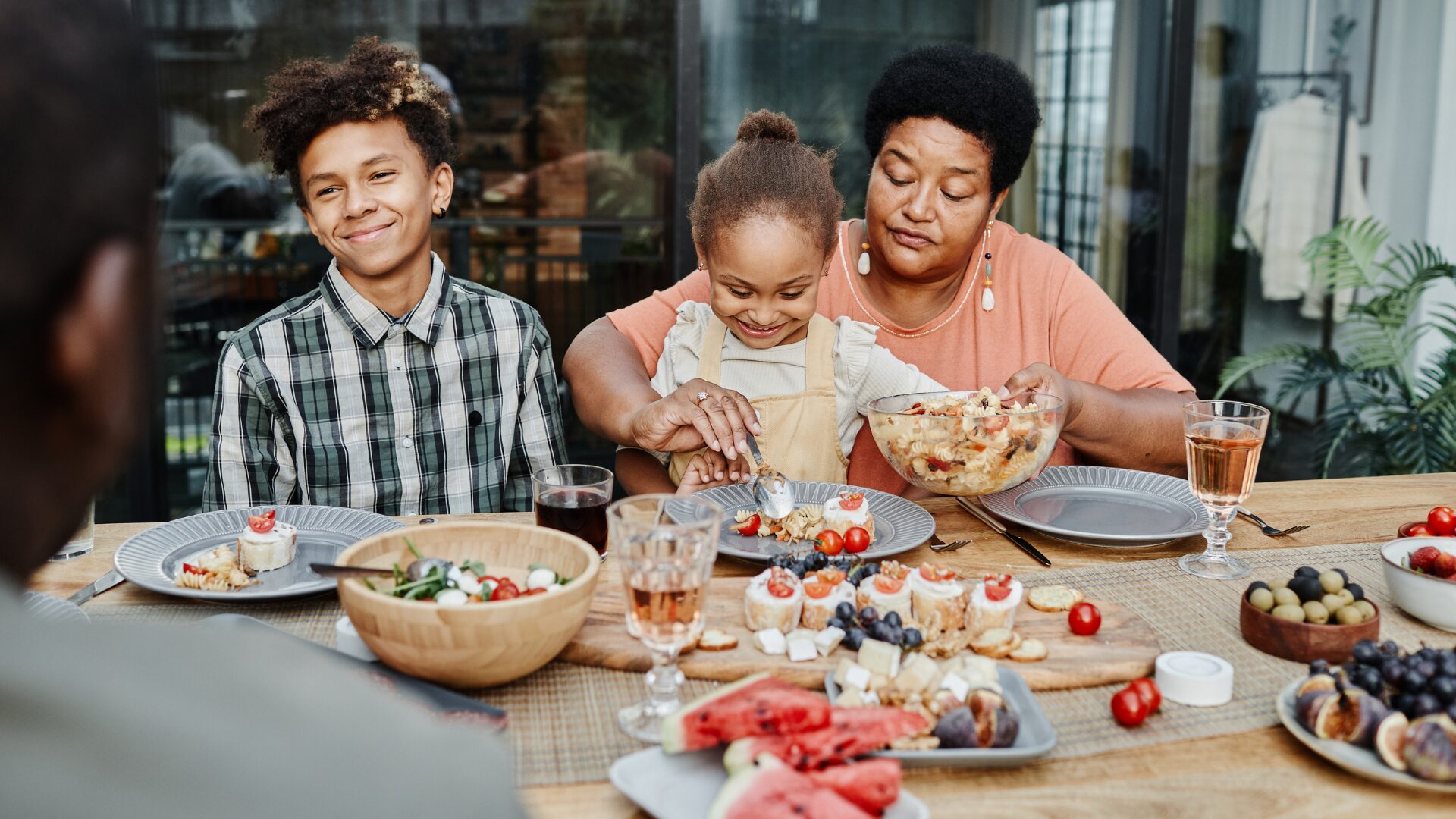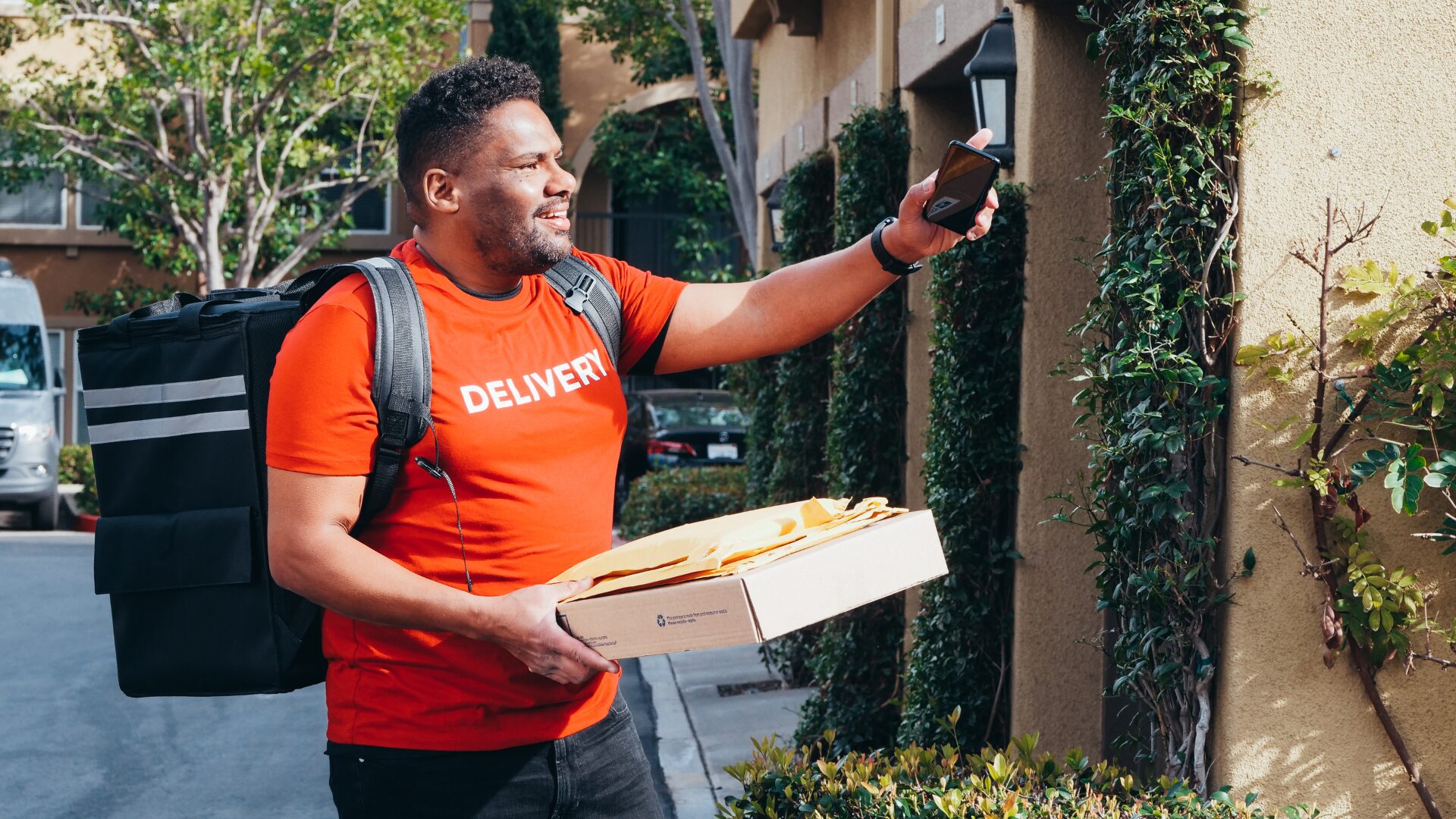Several CPG brands recently released quarterly earnings, displaying high demand for snacks and ingredients as consumers cook at home.
PepsiCo
Quarterly sales for PepsiCo grew by more than 5%, fueled by higher sales of its snacks, reported CNBC (Oct. 1).
Snacks have been particularly popular with consumers during the pandemic, even as restaurants begin to reopen. Frito-Lay’s most recent U.S. Snack Index survey reported that 85% of consumers say eating their favorite snack makes them feel a sense of normalcy during the current crisis.
Pepsi’s Frito-Lay and Quaker Foods businesses reported organic revenue growth of 6%. Frito-Lay saw higher sales in its Tostitos, Cheetos, and Doritos, while Quaker Foods’ pasta and macaroni and cheese dishes reported double-digit sales growth.
Company CFO Hugh Johnston noted Pepsi is trying to keep up with demand for its new Cheetos macaroni and cheese. “We’re trying to get capacity as quickly as we can—that’s how popular this is,” he said. The dish combines the snacking trend with another one: comfort food.
Additionally, the North American beverage unit saw its organic sales rise by 3% in the quarter. Its Bubly sparkling water brand, Lipton tea, and Starbucks licensed products all experienced double-digit sales growth. Bubly Gatorade Zero and Mountain Dew Zero Sugar combined have also surpassed $1 billion in sales so far this year. The company is set to launch a new drink called Driftwell—which aims to aid sleep as consumers struggle with stress—in December.
Pepsi’s international business reported organic sales growth of 4%—also fueled by higher demand for snacks. The CPG company expects a longer recovery for its beverage business because of reinstated pandemic restrictions, according to CEO Ramon Laguarta.
For the remainder of fiscal 2020, Pepsi is now expecting organic revenue growth of 4%, in line with its prior outlook, and core earnings per share of $5.50, down 38 cents from its original forecast.
McCormick & Co.
Spice maker McCormick & Co. reported its revenue climbed 7.6% to $1.43 billion in the three months ended Aug. 31 as more consumers cook at home, reported The Wall Street Journal (Sept. 29).
McCormick is exposed to both the foodservice and CPG sides, but consumer sales are a bigger share of its revenue. There has been a recent uptick in demand from quick-service restaurants, but the pandemic continues to hamper venues such as stadiums and cafeterias.
Revenue climbed 7.6% to $1.43 billion in the three months ended Aug. 31—beating analyst expectations polled by FactSet. Consumer behavior stayed basically the same but in increased numbers, said the company’s chairman and CEO during a call with analysts. Sales for McCormick’s consumer segment grew 14.7% year-over-year, rising to $910.9 million.
High customer demand made up for low commercial sales as the flavor-solutions segment—which sells ingredients to commercial operators—posted a drop in sales of 2.9% to $519.4 million.
The company reinstated earnings guidance for the full fiscal year, which ends in November, projecting revenue growth of 4% to 5% compared with last year’s figures, when sales totaled $5.35 billion.
Conagra
CPG company Conagra Brands Inc. reported fiscal first-quarter net income of $329.0 million, or 67 cents per share, up from $173.8 million, reported MarketWatch (Oct. 1). Sales rose across all segments, except foodservice, which fell 21.8% to $195 million.
“Now that customers have begun rebuilding inventories and we have increased production capacity in certain areas of our business, we are selectively increasing our marketing support for the businesses where capacity permits,” said CEO Sean Connolly.
As more consumers cook at home, demand for ingredients such as Conagra’s Duncan Hines cake mixes, Hunt’s ketchup, and Birds Eye frozen vegetables soared since the pandemic’s outbreak in March, reported Reuters (Oct. 1). Consumers have also been trying out more of the company’s healthier frozen meals, such as Healthy Choice ready-to-eat meals.
Like Pepsi, Conagra also saw higher demand for its snacks. Its Slim Jim Beef Jerky and Snack Pack snacks experienced double-digit organic growth in the three months to Aug. 30.
Overall, organic net sales rose 15%—higher than the 10% to 13% range the company previously expected. First quarter net sales rose 12.1% to $2.68 billion, above the $2.61 billion analysts on average expected, according to Refinitiv IBES.
Conagra now sees second-quarter growth to be more muted, with organic sales growth in the range of 6% to 8% as sales to its foodservice customers continue to decline.






